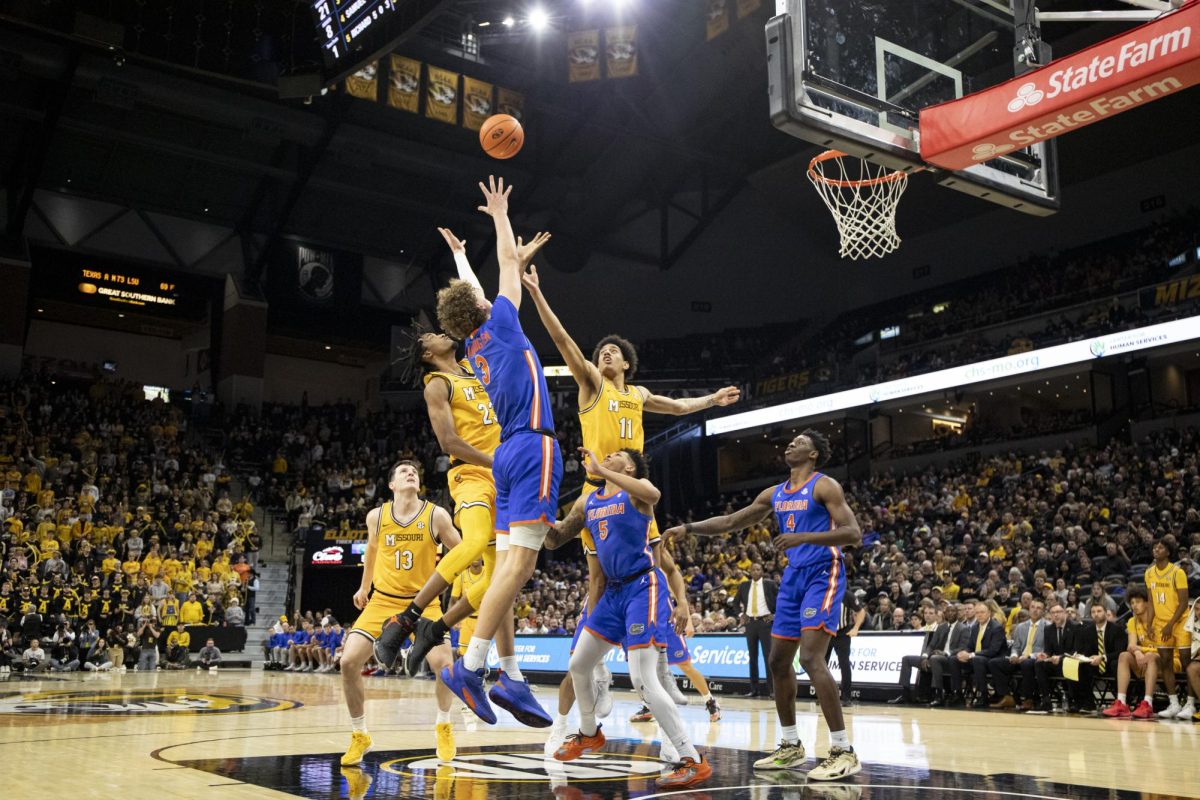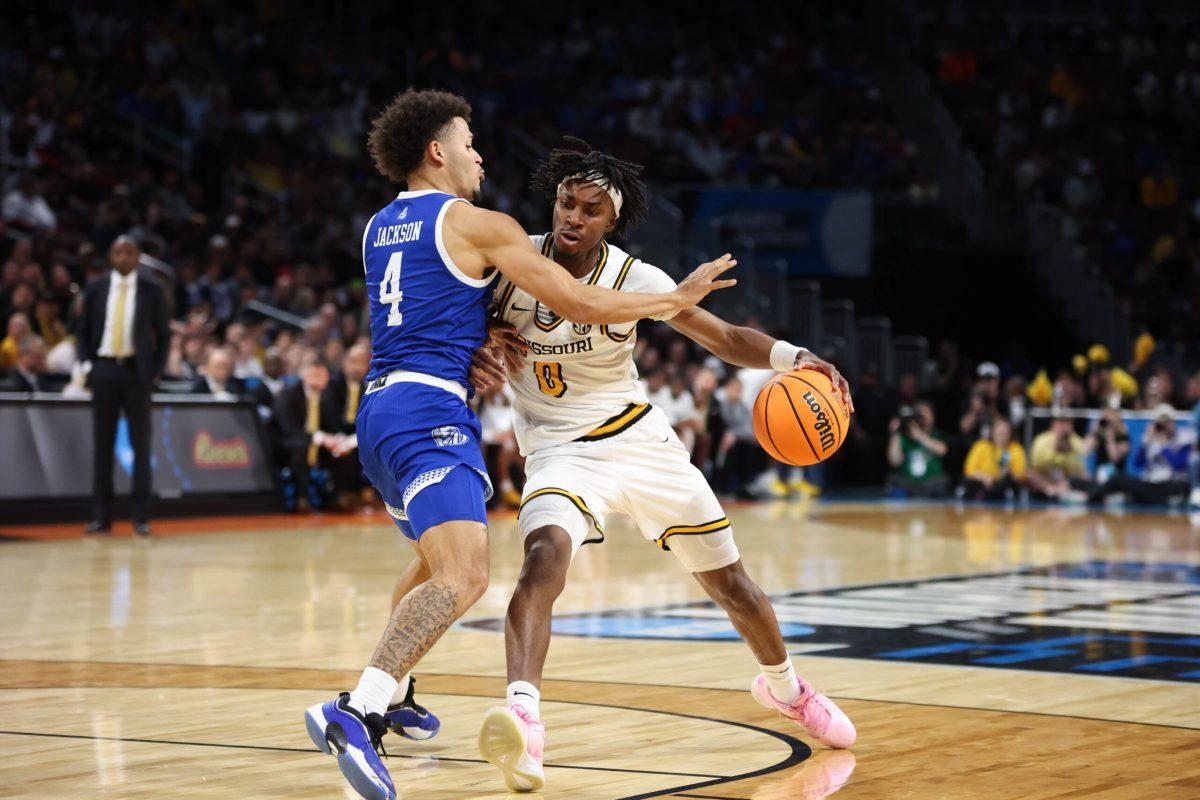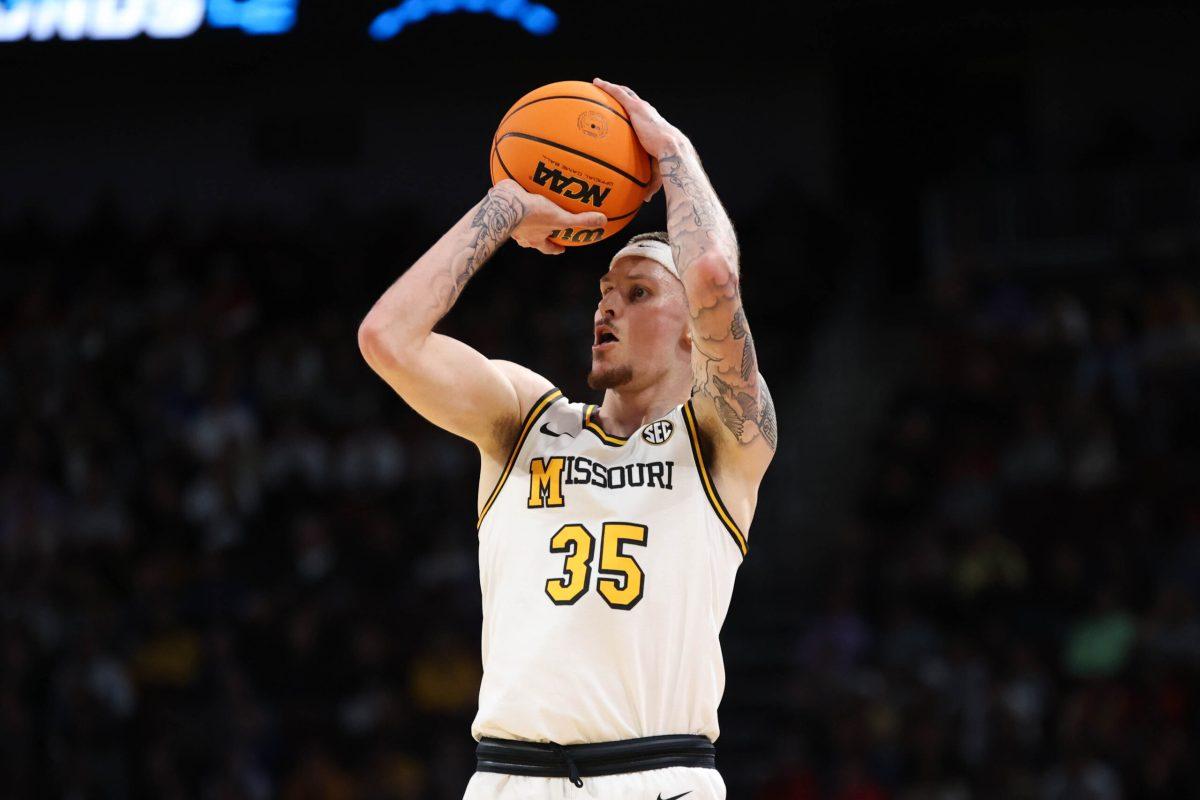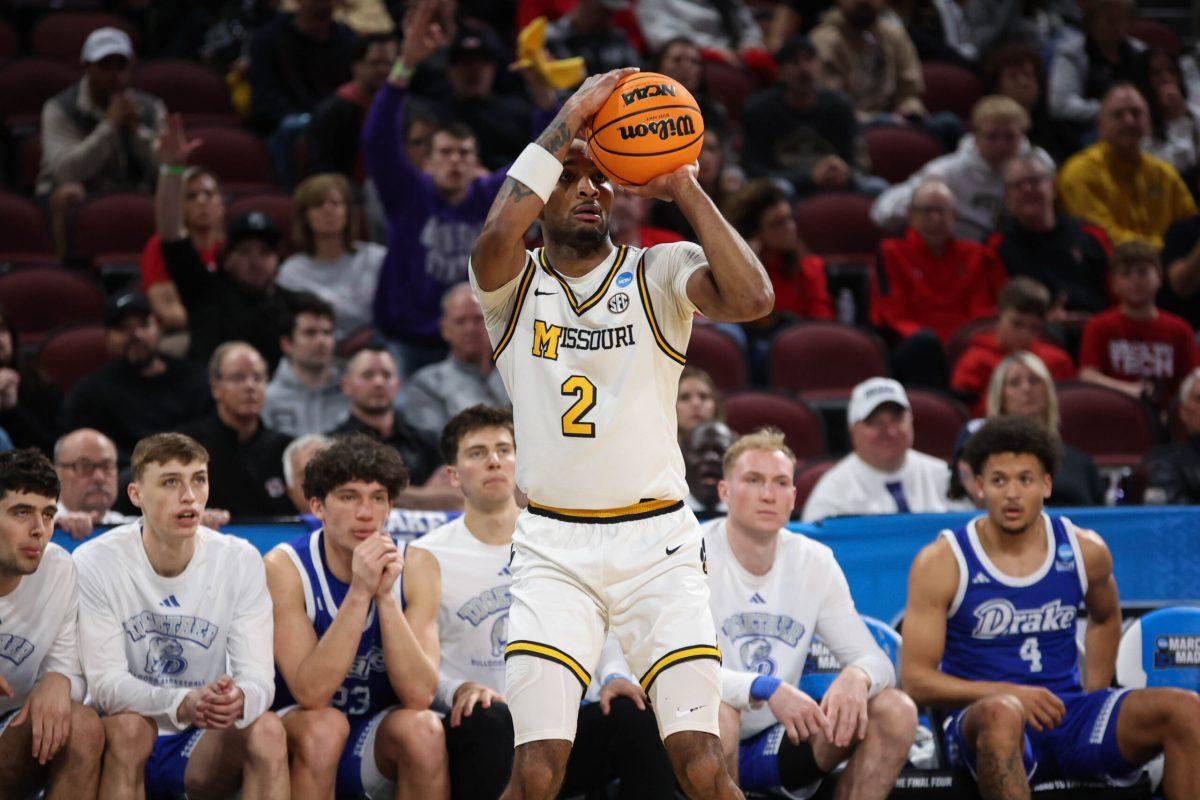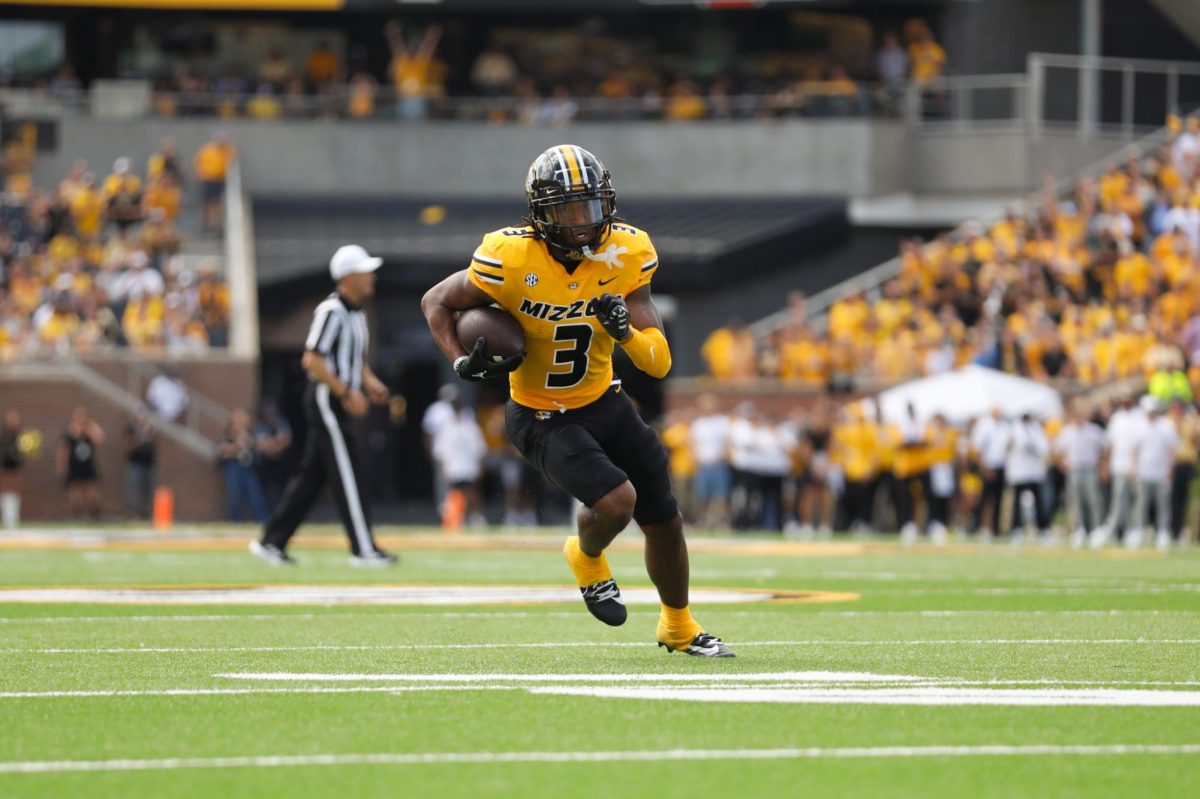After wandering listlessly through the final two months of the season, the Missouri basketball team needed to play differently in the NCAA Tournament if it wanted to advance and continue its season.
It didn’t.
The Tigers surged to a 9-2 start, only to let Cincinnati outscore them 76-54 the rest of the way. And the Bearcats deserved it.
It wasn’t the final score (78-63) and early exit from the postseason that categorized Missouri’s season as a disappointment. No, it was how the Tigers lost. Not only Thursday, but the final six games and nearly every road game throughout the year.
Despite being branded as “The Fastest 40 Minutes in Basketball,” MU found itself out-hustled and beat up on the boards.
Coach Mike Anderson’s system is not at fault. The players simply failed to consistently implement it, as they successfully did during the 2008-09 Elite Eight run. A full-court press and a strong transition game require a remarkable amount of determination, as well as effort. This year’s Tigers possessed neither at times, highlighted by conceding too easily on rebounds. MU would constantly run back down the court to either set up its offense or defense after a jump shot—before the ball actually went through the hoop. Many a time, the shot would miss but there would only be one, or even zero, Tigers ready to fight for the rebound.
Aside from fundamentals, Missouri suffered from a regression in performance from its upperclassmen. Ricardo Ratliffe, last year’s national junior college player of the year, scored 40 points and grabbed 18 rebounds through the final six games, while Kim English, listed as one of the preseason John Wooden Top 50 overall players, added 41 points and 11 rebounds. That’s a combined average of 13.5 points and 4.8 rebounds per game.
When you toss in Justin Safford’s 20 points and eight rebounds, and Matt Pressey’s four points and eight rebounds, the four upperclassmen combined for 17.5 points and 7.5 rebounds per game.
(As an aside, Phil Pressey contributed 40 points and 19 rebounds over the same stretch.)
Having upperclassmen underachieve is a significant short-term problem, and it ultimately cost Missouri its season, despite the best efforts of Marcus Denmon and Laurence Bowers, who combined for 31.1 points and 10.1 rebounds per game.
I will not absolve Anderson of all blame though. Missouri played 34 games this year, and it looked at its worst for the final six. Anytime a team is out-hustled by its opponent, the coach should implement some sort of change to regain the team’s confidence and restore its work ethic. Otherwise, there’s a gap between the players and their coach. For whatever reason, Anderson failed to bridge that gap at the end of the season.
I like how Anderson stays calm and collected no matter the situation. It rubs off on the team and the players usually stay more composed near the end of games. But when all else fails and the effort still isn’t there, Anderson should have expressed his displeasure more assertively than a mere toss of the sport jacket.
This team may have added some significant new parts, but the chemistry on and off the court looked better earlier in the season. The Tigers may never have realized the expectations from last fall, but ending the season on such a down note adds pressure on Anderson and his players to work out the kinks in the offseason.



